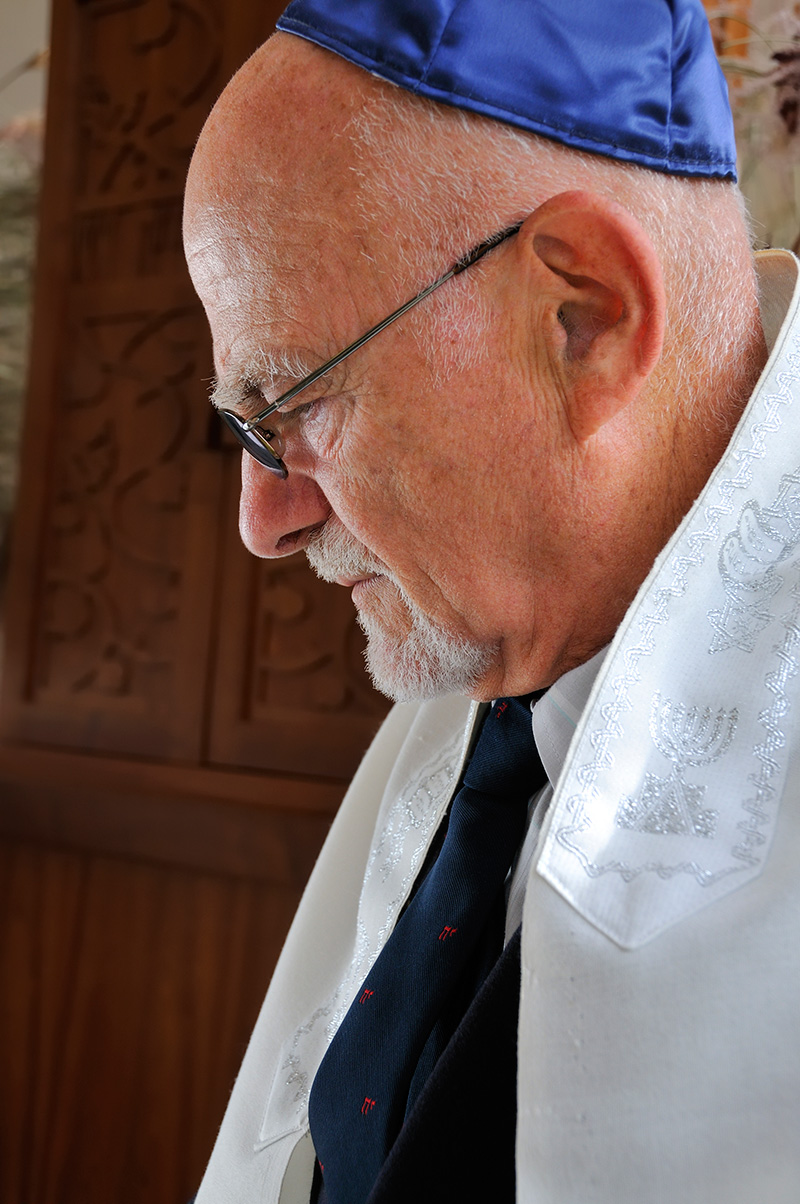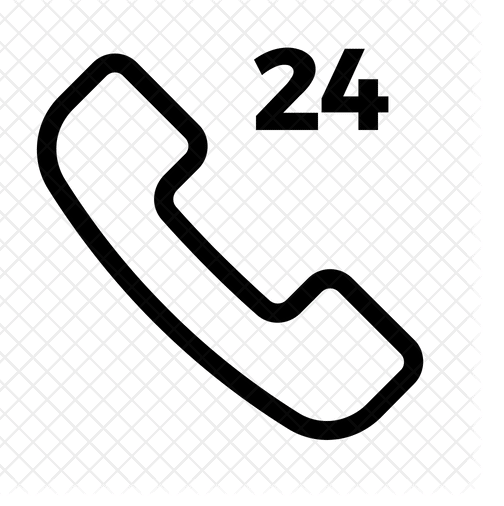Glossary of Jewish Mourning Terms
Aninut
Occurs from the moment one learns about the death of a loved one until burial. During this time a person is not technically a mourner; however they are exempt from most mitzvot [commandments] so as to be free to arrange for the funeral and burial.
Chevra Kadisha
An organization of Jewish men and women who see to it that the bodies of Jews are prepared for burial according to Halacha (Jewish law) and are protected from desecration, willful or not, until burial.
Kaddish
The Mourner’s Kaddish is recited standing, facing JERUSALEM. The prayer consists of praise and glorification of God, and expresses the hope for the creation of God’s kingdom on earth. It is said every day for eleven months after the death of a parent, spouse, child or sibling, and subsequently on each anniversary after death.
Minyan
Term applied to the group of ten Jewish men (13 years or older) who make up the minimum number for communal worship.
Sheloshim
This is a secondary period of mourning, meaning 30, because it lasts for 30 days. Mourners will resume normal social and professional duties but are still restricted in certain ways. A mourner should not cut their hair during this time, men are not allowed to shave or attend social events or even religious celebrations.
Shemirah
This ritual act of watching or guarding the body is performed as a sign of respect to the deceased. In traditional Jewish practice the deceased is not left alone from the time of death until burial.
Shiva
Seven-day period of mourning after the death of a close relative. During this period ordinary work is prohibited. The mourners sit without shoes on low stools or on the floor – this is referred to as Sitting Shiva. During this time friends and family come to pay their respects to the family and help them so that they can properly mourn.
Shomer
A person who watches the deceased. This person may be hired or it may be assigned to friends and congregants.
Shroud
According to the tradition, the deceased should be wrapped in plain linen cloth before burial called a shroud or wrapping for the dead.
Tahara
This is the traditional purification before the body is buried, it is washed in a ritual act of purification. It derives from the belief that a baby is washed and enters the world clean and pure, so we should leave the world cleansed by the religious act of tahara.
Tallit
A prayer shawl with four corners, usually made of wool, which men are buried in. The fringes are knotted on the corners in accordance with biblical law.
Unveiling
It is customary for the memorial stone to be unveiled during a ceremony held after the Kaddish period (11 months for parents and 30 days for other close relatives) is over, but no later than one year after the death.
Yahrzeit
The anniversary of the death of a close relative such as mother, father, sibling or child. It is observed by lighting a candle that will burn for 24 hours and reciting the Kaddish.
Yizkor
A prayer in commemoration of the dead, which is recited on the last days of Passover, Shavuot and Sukkot, and on the Yom Kippur. The term also refers to the memorial service held on each of those days, at which the members of the congregation remember their relatives who have died.






